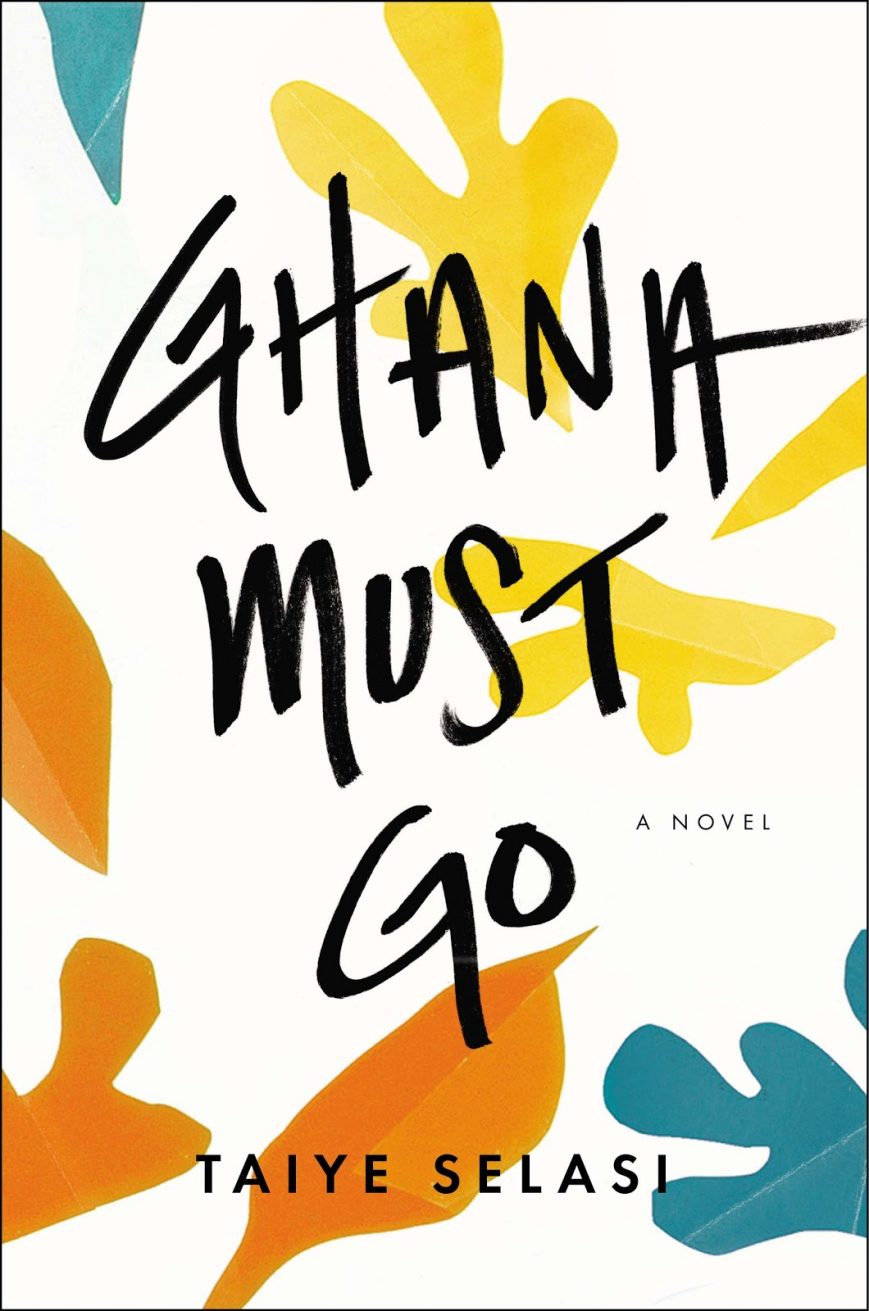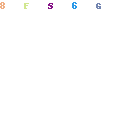In November 2013, the Bulletin and Record magazine published my review of Taiye Selasi's Ghana Must Go. I got a few calls asking why the review wasn't finished. This lead me to buy the magazine to see what people were talking about. I chuckled when I realised they didn't read the whole thing because it was continued on another page. I searched the magazine for the rest of it but couldn't find it. Finally it clicked that my review had fallen victim to the editors pen. Unfortunately, it ended so abruptly, it read as though I hadn't bothered to read the book, let alone write about it. To rescue my reputation, I have included the full review here. Reading it back so many months later, I can tell I wrote it in a hurry and it could really have done with an external editor, just not the way it ended up being published. I was tempted to send it to a friend to edit for me, but that would have been dishonest, since it is already published.
 |
| Source |
Ghana Must Go by Taiye Selasi
Reviewed by Masuka Mutenda
There are some people who love reading
books that they have heard nothing about. No publisher’s blurb or five star New
York Times review and certainly no back-story on the author. It’s like casually
turning on the TV having absolutely no idea what is coming onto the screen. If
you are one of those people you’re probably not reading review this anyway. But
I wanted to give fair warning that before approaching this book, I had read a
lot about the author that intrigued me.
Born to Ghanaian and Nigerian parents in London, raised in Boston and now living in Rome/New Delhi, Taiye Selasi is 32 and the author of a viral essay (circa 2005) in which she coined the term ‘Afropolitan’. I had read the essay around about 2007 and found it very interesting. Taiye Selasi is also a Yale and Oxford graduate, speaks several languages and happens to look and dress like a supermodel. So accomplished CV aside, is this book worth spending time and money on? Absolutely!
Ghana Must Go tells the story of a renowned surgeon and failed husband who dies suddenly in Accra, some 15 years after abandoning his Nigerian wife and family in the States. The estranged family of enigmatic mother and four divided children, each with their own personal hurts come together reluctantly in the wake of Kweku’s death. Inevitably, while in Ghana old secrets, lies, pain and crimes in the name of love reveal just how fractured the family has become. As each navigates the past, the question hanging over the book is whether there is any hope for the family in the future.
The main character is a surgeon newly arrived in America on scholarship. With other African and Asian students, the contrast to their young American classmates is evident in that their more frequent experience with death prepares them for dealing with infant mortality more than their American raised colleagues. I have heard similar things from friends who studied medicine or public health in developed countries.
As Africans, we are more accustomed to loss. Some would argue that our approach to death and funerals is healthier and allows us to mourn freely. I have often wondered how true this is. How do we process pain as Africans and as Zambians? We scorn at our Western brethren with their drugs, eating disorders, suicide attempts, and depression and so on as an outlet for their pain. But I wonder if we are not also masters at masking our pain instead. Women especially are taught to suck it up and bear pain. It is so much worse for men, for whom pain is not even spoken of. As a country we fail to recognize or acknowledge that alcohol is a drug and many of our people are addicted to it in order to dull their pain. This is a how family secret and lies come up and go deep down. And it is on the basis of personal pain and family secrets that Ghana Must Go is founded.
The author is western raised and so are the children, so they deal with their issues in a very western way. Or so I thought. As a reader, I consider myself to be very unsympathetic toward characters that don’t just deal with their issues. This might sound like a contradiction given my statements above. All this means is that I understand where some of their issues are coming from, I just think in the Western world people appear to have the luxury of wallowing in depression and self pity over their issues which we don’t here. But by the end of the book I had come to understand the characters and their situations a lot more. All pain is the same and yet always we seek to rank it, judge it.
 |
| Source |
I recently had a conversation with a friend about how we as Zambians
view the death of a parent. More specifically, how we view the death of an
estranged, absent or deadbeat parent. There is this assumption that a child is
obliged to forgive and forget and mourn a stranger just because s/he birthed or
sired you. That for some reason you should be grateful to the person who
neglected and abandoned or abused you or made your life a misery. Often, when
such a one dies, we mourn not the departed, but the relationship that could
have been but never was. We mourn the loss of what we wanted and were denied.
For me, the book raised the question of whether or not we ever really know our
parents. We perceive their decisions and actions with a child’s eye and then
when we are grown judge them in the past from our present day perspective.
One of the most interesting sentences to me in the book refers to Taiwo,
the beautiful daughter. The author describes Taiwo and her beauty as one of
‘those women whose beauty is given, not open to interpretation by beholder, a
fact’. A bold statement and I think very true. The effects and curse of this
beauty is a central theme. I often wonder why some people will not accept that
we aren’t created equal. Some people are beautiful as a fact. The remainder of
us are beautiful by interpretation. It doesn’t mean the beautiful people are
better or nicer people, they are just more pleasant to look at. Why is
admitting that wrong? I don’t think it is, but many people do. In this same
regard, Ghana Must Go is about what we see and what we think we see in others.
What we know about them or rather what we think we know. We see in ourselves or
in others what we want to see, not what is actually there. How can we ever
really know our family? Ghana Must Go doesn’t answer the question, but it does
a darn good job of making you think about it.
Like many books that contrast attitudes and culture in an African
country with those in the UK or US, the book shone a spotlight on a number of
things that resonated with me as a Zambian. To avoid giving everything away, I
will share two here:
- Our tendency to build big ostentatious houses not suited to the climate or conditions and without thought to local or traditional architecture. Back when we began using iron roofing sheets and building homes with bricks, aside from how to thatch roofs, what traditional architectural principles and practices did we carry with us into the modern world, if any?
- Arriving in Ghana from America, Kweku warns his Nigerian wife to be careful because they are now in Ghana. The wife, Fola responds, “My friend, I’m from Lagos”. This made me chuckle because having travelled to Nigeria a number of times I understand queuing in Nigeria. As described in the book, this is not queuing roughly, but firmly in the Nigerian tradition. I think that I found my way easily in Lagos because I am a graduate of the University of Zambia. Huh? Anyone who went to UNZA back in the day when you had to line up for three to four days to get your monthly student meal allowance from the Bursaries Committee only to reach the front of the queue and find they have run out of money for your school or degree programme and you’ll need to line up again the next day should know what queuing not roughly, but firmly) means. It was worse for female students. But I always got my BC on the first day. Always.
Ghana Must Go is Taiye Selasi’s first novel and to a certain extent,
this shows in the book. Not necessarily in a bad way, but I do think that with
her second book, her storytelling will have developed to the extent that it
probably won’t be so obvious what each character’s deep dark secret is. It
moves back and forth through time and locations through a series of flashbacks
from one character to the next. At first this is confusing, until your realise
that with each perspective more detail is given and a little more of the
picture is revealed. For this reason Ghana Must Go is not a casual read and
requires concentration in order to keep up.
I love that the beginning of the book has a names and pronunciations
list, with explanation of what each name means in Ghana and Nigeria. This was
really helpful and informative.
Ghana Must Go is at once a portrait of a modern family, and an
exploration of the importance of where we come from to who we are. In a
sweeping narrative that takes us from Accra to Lagos to London to New York,
Ghana Must Go teaches that the truths we speak can heal the wounds we hide. For
me, this book was definitely time and money well spent.
 |
| Source |
.
No comments:
New comments are not allowed.